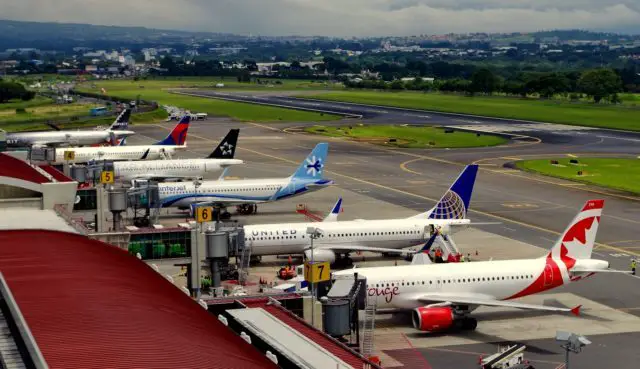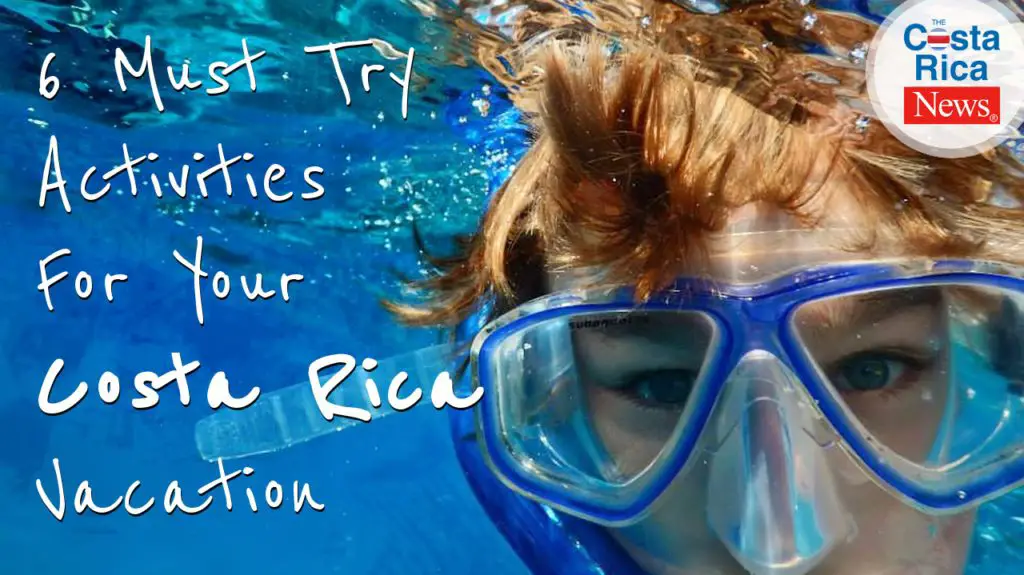Taking advantage of an unprecedented national advertising campaign and with actions aimed at reducing prices for the final consumer. In this way, the recovery of the tourism sector will begin, which will appeal to the Costa Rican population residing in the country to be a participant in the mission of restarting the main engine of our economy: tourism.
To stimulate national tourism and begin to bring the sector out of the paralysis into which the COVID-19 pandemic has plunged it, the Costa Rican Tourism Institute (ICT) will establish strategic alliances with cooperatives, solidarity associations, and the financial sector to promote offers and payment facilities. In addition, it will integrate the regional tourist chambers in the process of improvement and adaptation of the product offered at the local level, which in turn will strengthen them.

“Unlike previous national tourism campaigns, in which the private sector offered promotional packages, this time the ICT will directly contribute with actions such as raffles, activations, and prizes aimed at reducing prices so that, together with the sector’s offers For national tourists, vacationing is much more attractive for Costa Ricans”, explained María Amalia Revelo, Minister of Tourism and Executive President of the ICT.
The roadmap -composed of 8 objectives that respond to the same number of priorities- was approved last Monday, May 4th, by the Board of Directors of the Institution and was presented this Tuesday, May 5th, at 4 pm to the 6 sector chambers and the National Chamber of Tourism, as a dome, to reach consensus and enrich it with your contributions. As of Wednesday, the executive working groups composed of members of the public and private sectors were activated, who in 1 week must refine the document.
The 8 priority axes of the plan respond to 3 major areas of work: tourists, business fabric, and workforce that are intertwined as follows:
- Tourists; airlines, marketing and promotion (national and international), and maritime tourism
- Business Fabric; Product, industry companies, protocols, and Gulf of Papagayo Tourist Center
- Labor Force; training and employment, and foreign and national investment
“This roadmap is a living document that will require adjusting to the circumstances that arise in the process of dealing with the crisis and the evolution of the pandemic”, Revelo explained. “There are answers that nobody has and as the unknowns are cleared and the international markets are opening, we will review the tactics to refine them, always working as a team with the private sector”, he added.
Airlines and international market
In parallel and simultaneously with the actions of ICT in the national market, another priority is to generate the necessary conditions for the return of the airlines to the country, an essential rescue action for the return of international tourism when the health authorities give birth green.
In order to be prepared as a destination, the Institute is renegotiating with the airlines the cooperative campaigns planned for 2020 and has its sights set on the health protocols of entry and exit from the country, as well as other measures necessary to stimulate competitiveness, which They include operating costs such as the price of jet fuel.

“For this roadmap to be successful, it needs coordination with other government actors under the premise that getting the tourism sector ahead is getting the country ahead”, said the Minister.
In addition to the effort to attract airlines, the message of the international campaign launched last September, “Only the Essentials” -which is so much more timely today- will be preserved, emphasizing that Costa Rica offers not only a tourist trip, but a life-transforming experience.
Advertising strategies and international public relations will focus on tourists related to the Costa Rica destination, those who respect the environment and who put into practice their personal principles when consuming, travelers with a high educational level, better work situation and Better personal economy, travelers on their visit to the country, moving around different regions and distributing the tourist dollar, with an interest in local gastronomy, and which, according to perception studies, consider that Costa Rica stands out for its nature, for its human well-being and for the hospital reception of its people.
“We intend to tackle the serious effects of the crisis on tourism and employment, but remaining faithful to the sustainable, innovative, inclusive and safe tourism development that characterizes us”, Revelo stressed. Actions at the international level will promote the sale with familiarization trips, road shows and strategic alliances with tour operators and specialized media, as well as with virtual activities that generate high exposure of the destination, training in distribution chains; actions at international fairs and a voluntary plan to offset emissions.
Henceforth, it will also be necessary to have protocols that allow tourism companies and activities to guarantee health security and adequate care for tourists, in harmony with the general provisions of the Ministry of Health, and the ICT is already working to jointly with the private sector, design protocols in at least the following sectors and activities: hosting companies; gastronomic; water transport companies and tours; air transport companies; vehicle lessors; travel agencies; recreational aerial, aquatic, themed activities, congresses and conventions, and wellness tourism.
“Security now has a new component that the sector must necessarily address in all its segments, the prevention of COVID-19”, emphasized the Minister of Tourism.
Salvage of the business and labor fabric
In conjunction with the Ministry of National Planning, the Costa Rican Tourism Institute is negotiating with the state banks a rescue program for tourism companies and support for working capital and cash flow for small and medium-sized companies, while with the IDB/UNDP ICT seeks to develop an employment program for tourism MSMEs. 94% of the country’s tourist accommodation companies are SMEs and MSMEs, with lodgings of 40 rooms or less, located throughout the country.
For the workforce, the roadmap sets 3 goals:
- Continue strengthening the actions taken so far to minimize the loss of human talent in the value chain of the tourism industry through coordination with government entities to generate economic subsidies that allow formal and informal professionals to traverse the crisis.
- Develop the necessary competencies and skills for industry professionals, in order to adapt to new changes and demands in the industry. In addition, to generate in the medium term the necessary conditions to attract foreign investment in the national tourism industry, through coordination with CINDE and other government entities in order to generate new jobs.
- Establishing a virtual training platform, 1-year scholarships to learn English for workers, creating a support program for regional chambers, and an employment exchange are other measures included in this roadmap.
What other measures should be established?
In order to attract foreign investment, the simplification of procedures, the revision of the validity and requirements of Law 6990 on Incentives for Tourism Development, the coordination of actions that generate employability, training, follow-up to the Simplification of Regulatory Plans Project, and the modification of the Regulations of Law 7744 for Marinas and Tourist Berths.
For maritime tourism, it is necessary to implement a single national maritime protocol for nautical infrastructure, a protocol for action and contingency of services offered to maritime tourism, not to increase port tariffs and municipal fees, negotiate cooperative campaigns and redesign the product of small tour operators.
Tourism is the industry of the economy with the highest productive chain: agriculture, transport, goods, energy, commerce, among others. In 2019, tourism generated US$ 3,968.3 million, according to data from the Central Bank of Costa Rica. It employed 219 thousand people, directly, and some 400 thousand, indirectly, by chains of businesses.


